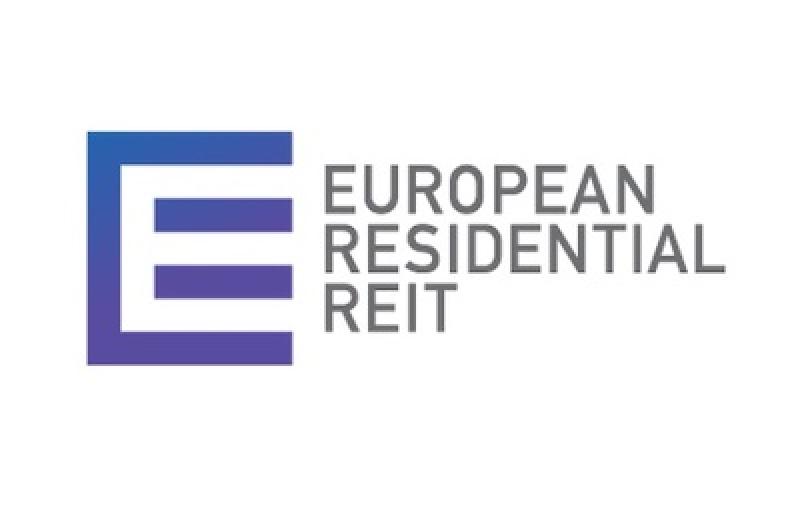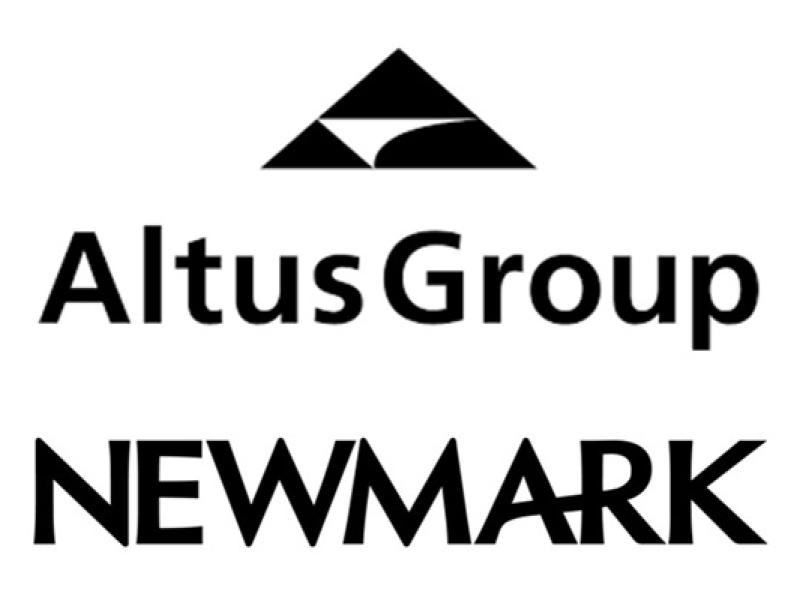
Just two months after announcing the departure of its chief executive officer, management of Toronto-based European Residential Real Estate Investment Trust (ERES) has announced a strategic review of the business.
In a brief release Friday morning, ERES (ERE-UN-T) management noted it is “with CBRE, as financial and real estate advisor, to advise it in connection with a strategic review of ERES."
The release notes there is no timeline to complete the review and also states no transaction nor any decisions have yet been arrived at. The release is also non-committal as to whether the review will result in any major changes.
ERES is closely connected with Canadian Apartment Properties Real Estate Investment Trust (CAPREIT), also based in Toronto. CAPREIT is its major shareholder.
When ERES CEO Phillip Burns left the trust in March, CAPREIT chief executive and president Mark Kenney was installed into the role and remains at the helm.
A history of ERES REIT
No reason was given for the departure of Burns, who had been with ERES since its creation in 2019.
At that time, CAPREIT sold a $634-million portfolio of 41 multiresidential properties in the Netherlands to ERES, which was created from the former European Commercial REIT (ECREIT).
Prior to the transition, ECREIT had a portfolio valued at about $150 million.
Burns had been CEO of ECREIT, transitioning to become an employee of CAPREIT and the ERES CEO.
ERES remains Canada’s only European-focused multiresidential REIT, with a current focus on properties in the Netherlands.
As of March 31, ERES had grown its portfolio to 158 multiresidential properties, comprising approximately 6,900 suites plus ancillary retail space in the Netherlands.
It also owns one office property in Germany and one office property in Belgium.
Q1 2023 financial results
For the past couple of years, ERES has focused on weathering the challenges of the pandemic and the recent global financial uncertainties. Highlights from its Q1 2023 results included:
- occupied average monthly rents grew 5.9 per cent from Q1 2022 on both the total and same-property portfolio;
- NOI increased 9.4 per cent compared to the prior year period, with five per cent growth on the same-property portfolio;
- residential occupancy was up 1/10th of a point at 98.7 per cent compared to the prior year period as the country continues to experience a tight housing market;
- $36 million improvement in liquidity through increased capacity on the REIT’s revolving credit facility;
- ERES’ adjusted debt-to-gross-book-value ratio was at 54.3 per cent and interest and debt service coverage ratios were 3.5x and 2.9x, respectively, within the trust’s target ranges.
ERES’ NAV per unit declined to $4.912 in the quarter (all figures Cdn), from $5.61 a year earlier, due to the “dilutive impact of unexercised unit options,” the REIT reported.
Its net loss for the quarter was about $158 million – due mainly to fair value writedowns.
Dutch apartment regulatory changes
ERES also reported robust growth in rents on turnover of 20.7 per cent.
The Dutch government has, however, moved recently to increase its regulatory control of rent increases into the mid-market sector – though the measure is intended to be temporary.
Previously, the government controlled rent increases only in the low-rent segment of the market.
ERES issued a release following the announcement noting about a quarter of its portfolio could be affected by the new regulations. However, it remained optimistic about the overall portfolio.
“Notwithstanding the regulatory changes highlighted above, the REIT anticipates that it will continue to achieve rent growth within or in excess of its target range of 3% to 4%,” the release stated.
The Friday release notes ERES will not disclose any further developments about the review “unless and until it is determined that disclosure is necessary or appropriate.”
As of Dec. 31, 2022, CAPREIT owned or held interests in approximately 67,000 residential apartment suites, townhomes and manufactured home community sites across Canada and the Netherlands, with a total of approximately $17 billion of investment properties in Canada and Europe.










